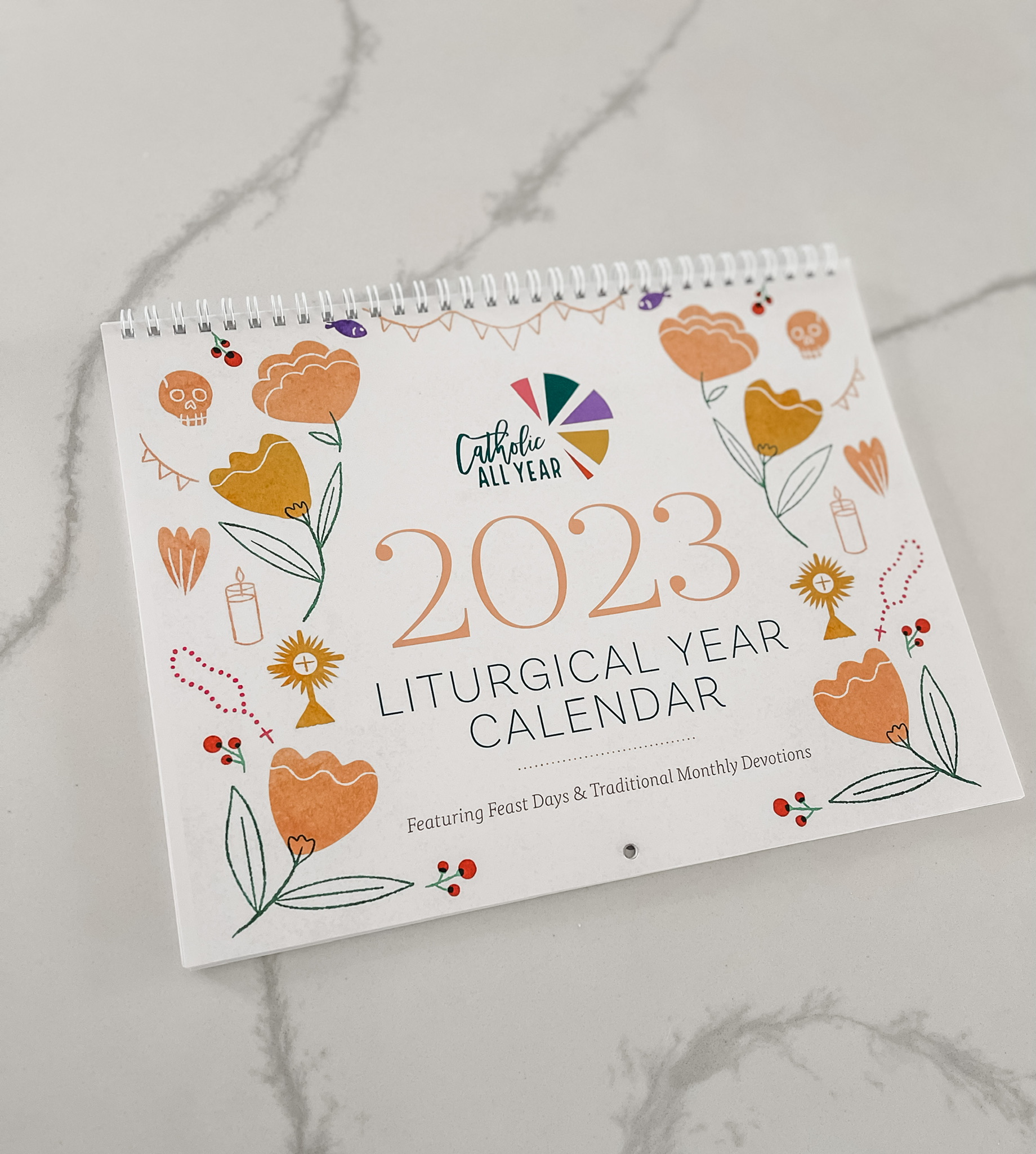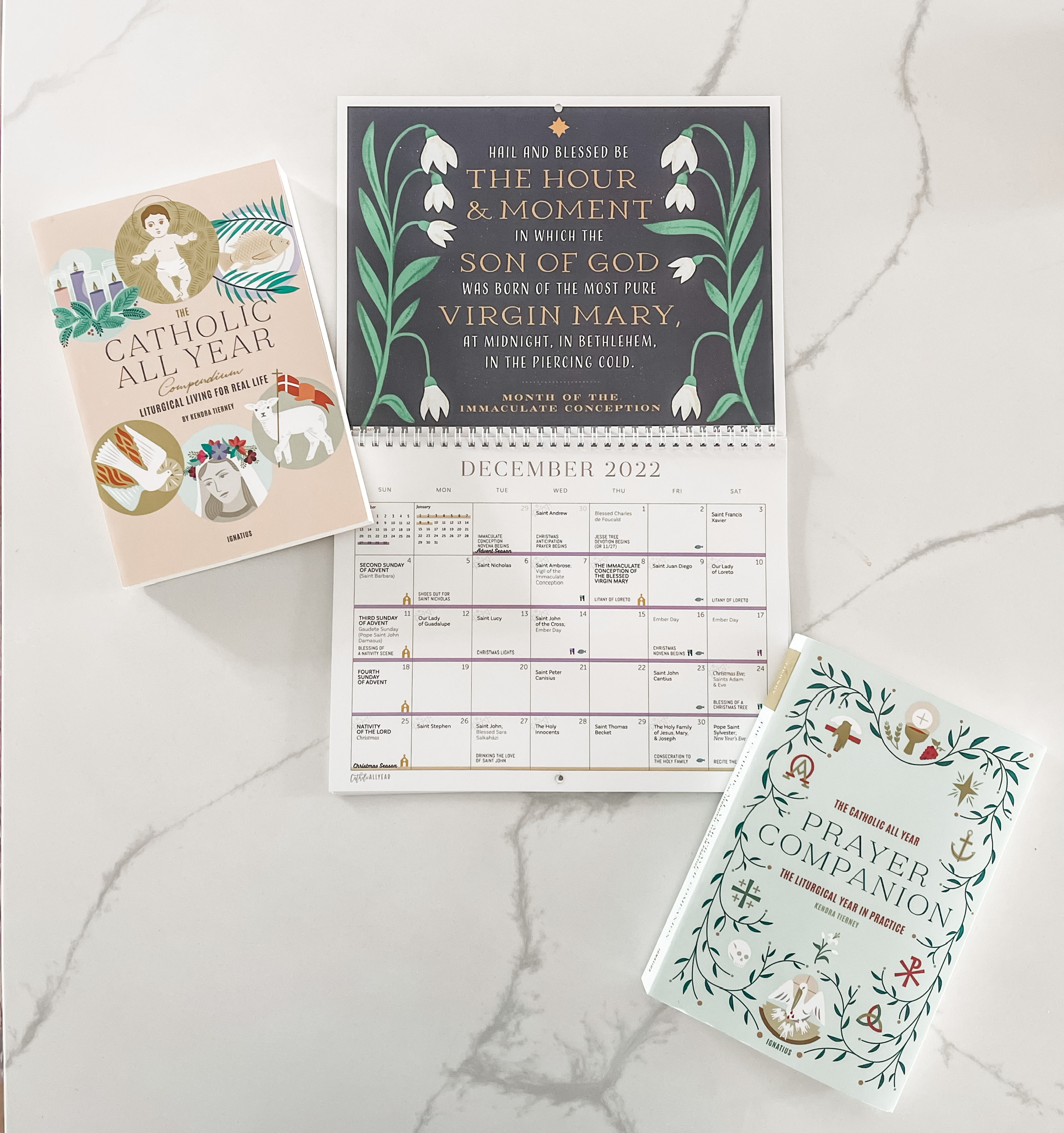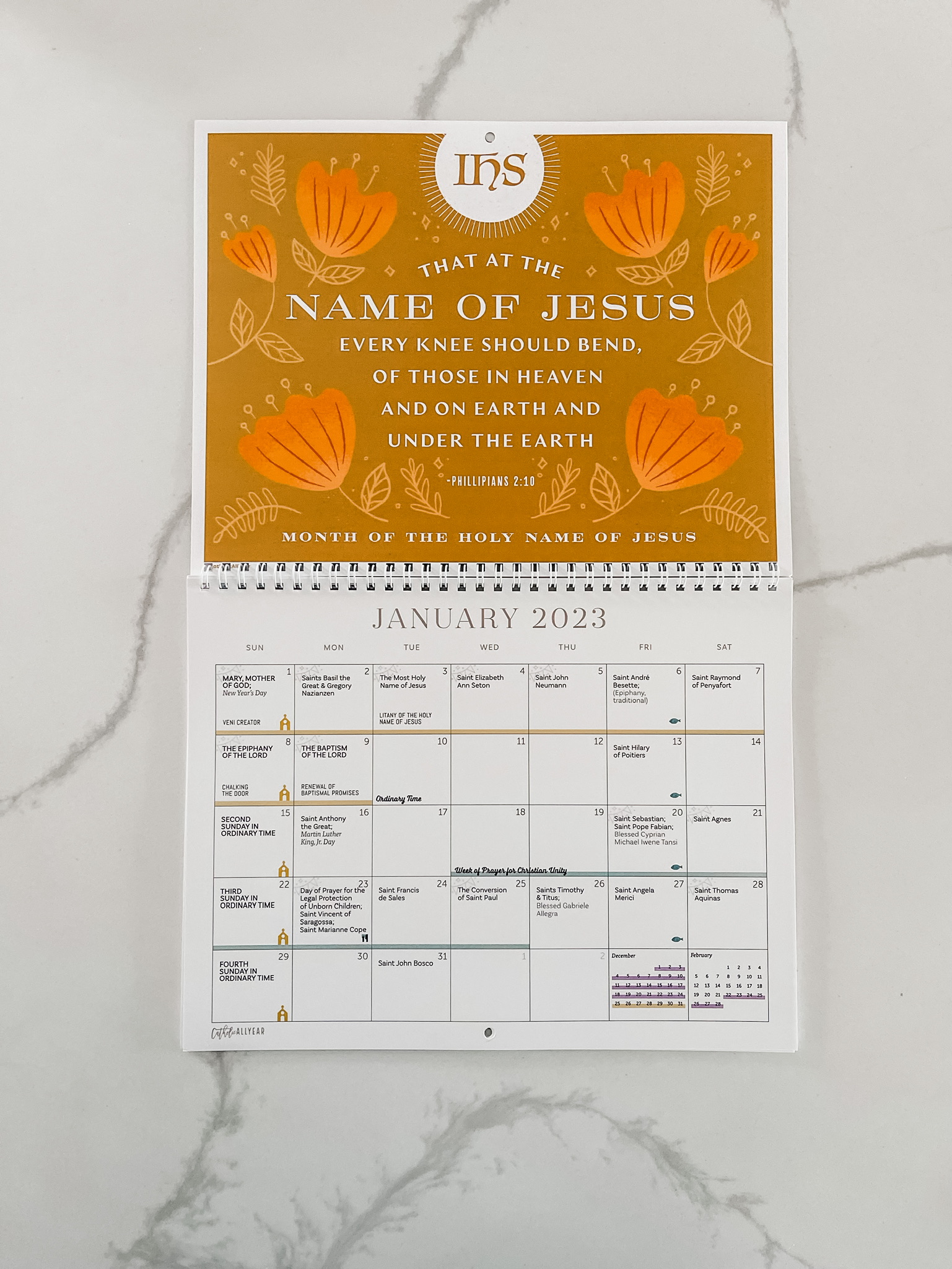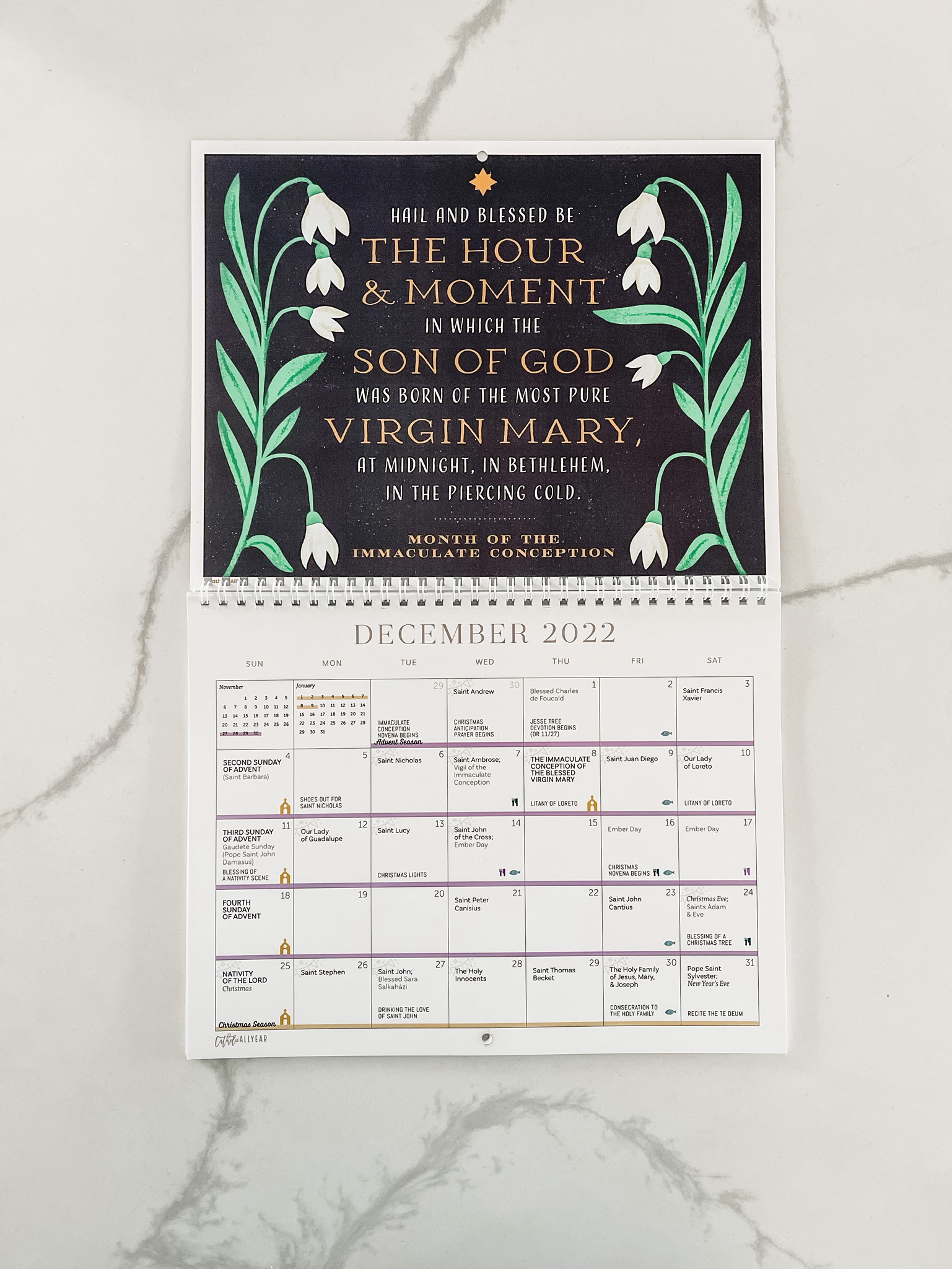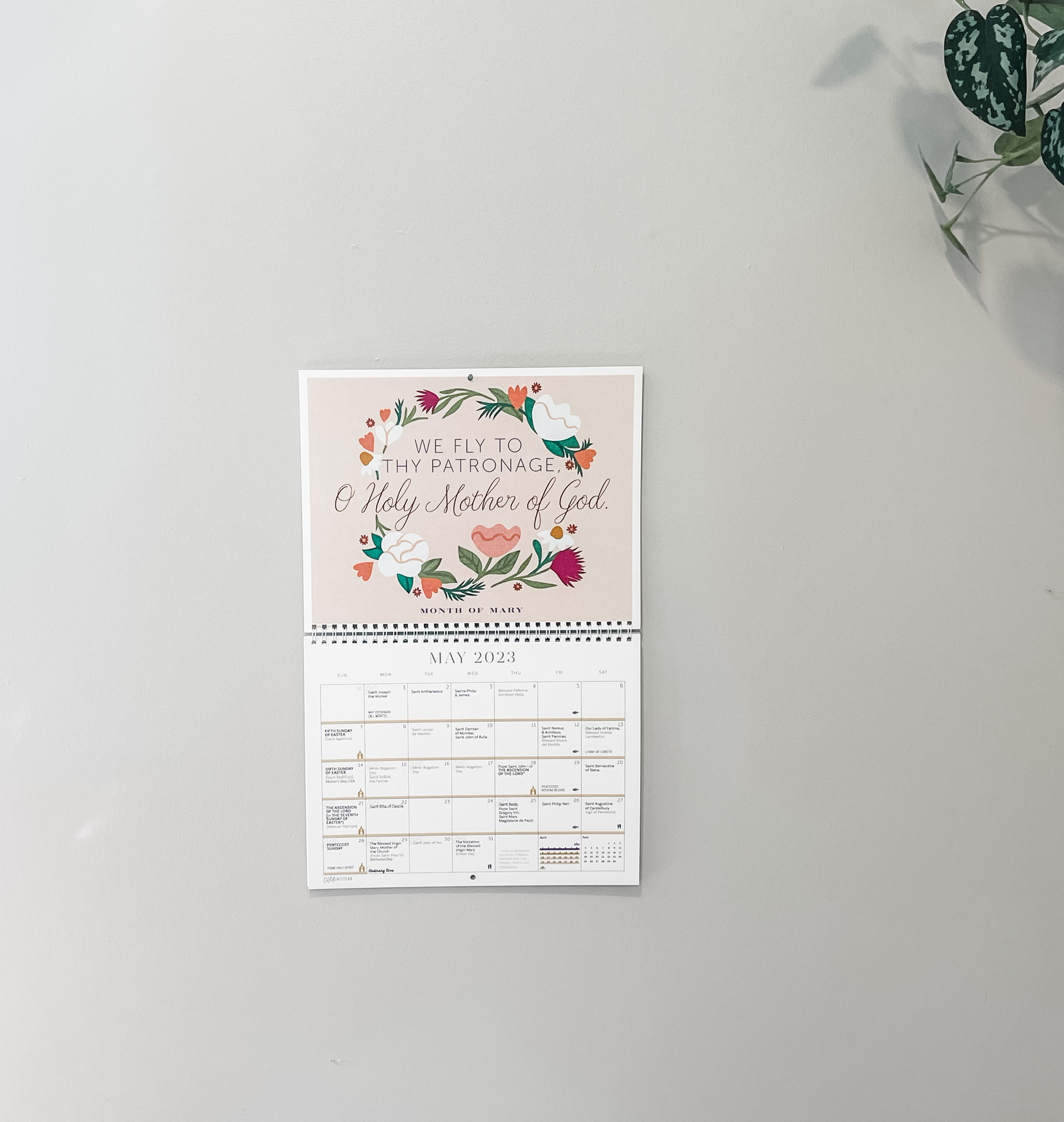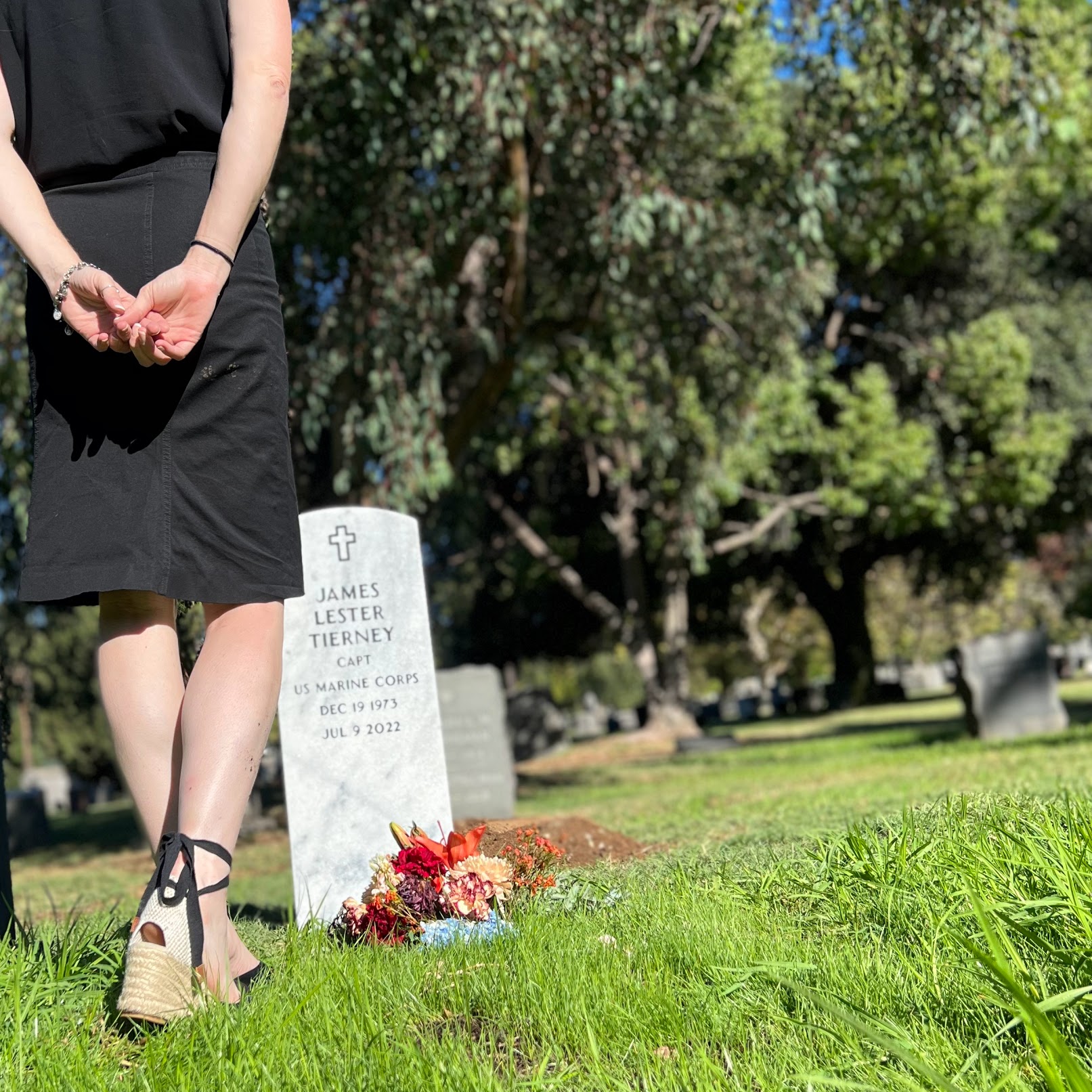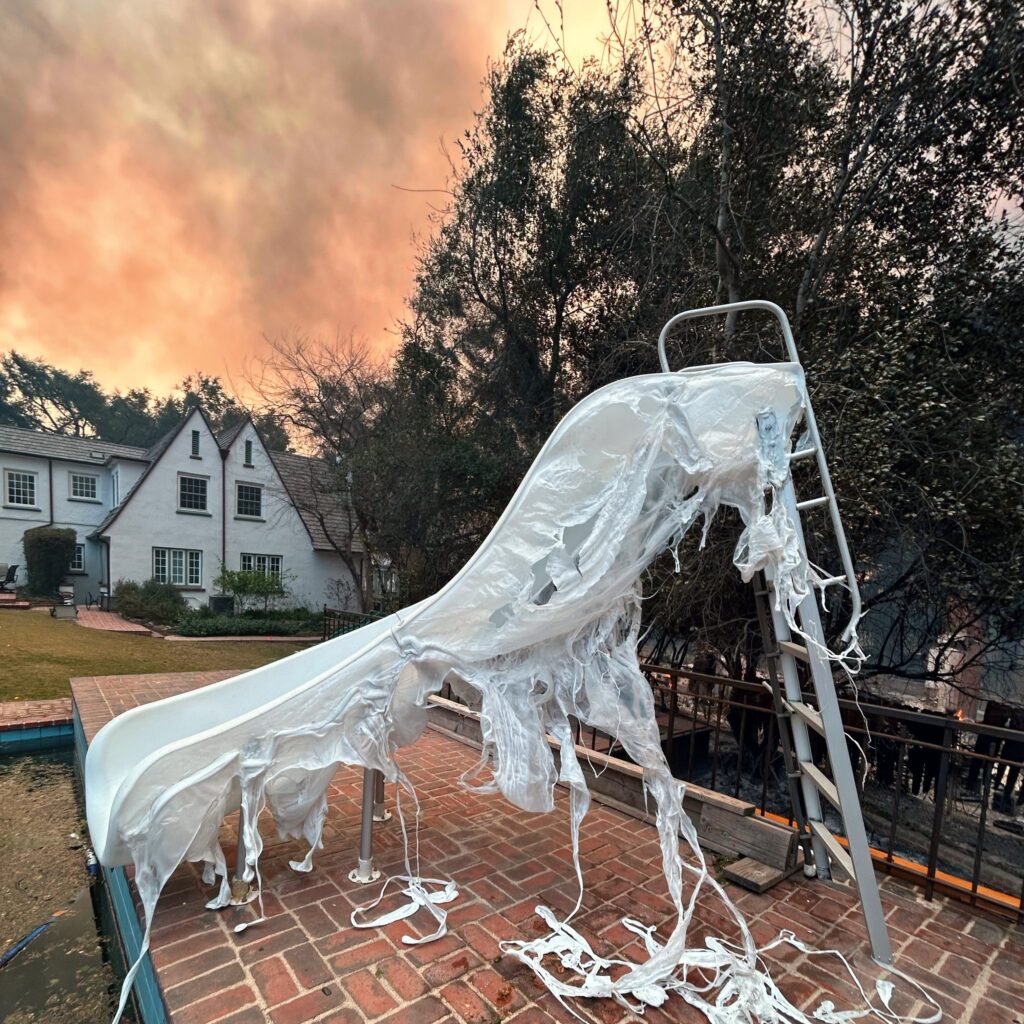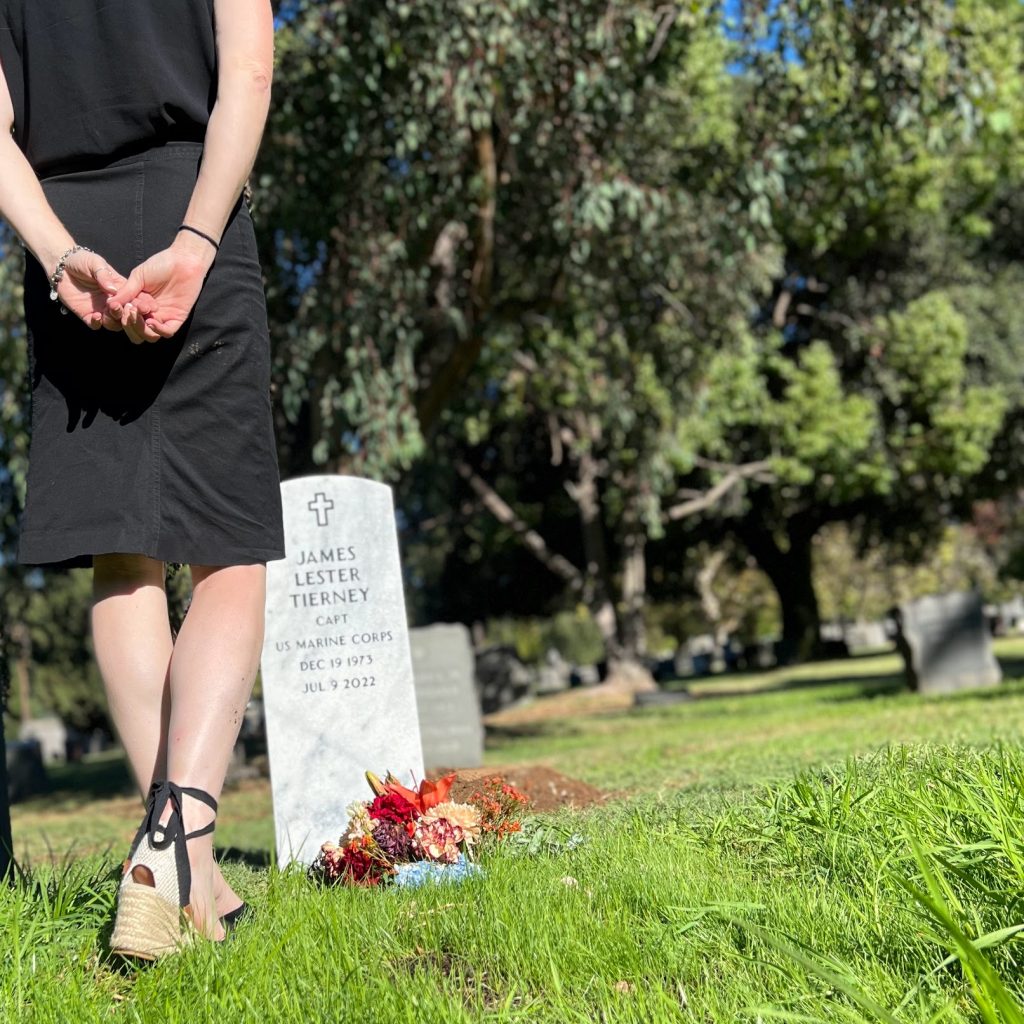
As most of you will already be aware, my husband Jim passed away peacefully in our home on July 9, 2022 after a long battle with cancer. More details, as well as a video of the funeral are available on this page: Funeral and Memorial Scholarship Information. If you’d like to help us support young scholars at an authentically Catholic school, as well as help keep Jim’s memory alive, please consider making a donation to the Jim Tierney Memorial Scholarship Fund at Saint Monica Academy. You can do that directly through the school’s donation portal here. Or you can purchase one-of-a-kind Catholic charm bracelets, handmade by me. 100% of the purchase price of the bracelets goes to the scholarship fund. Find those here.
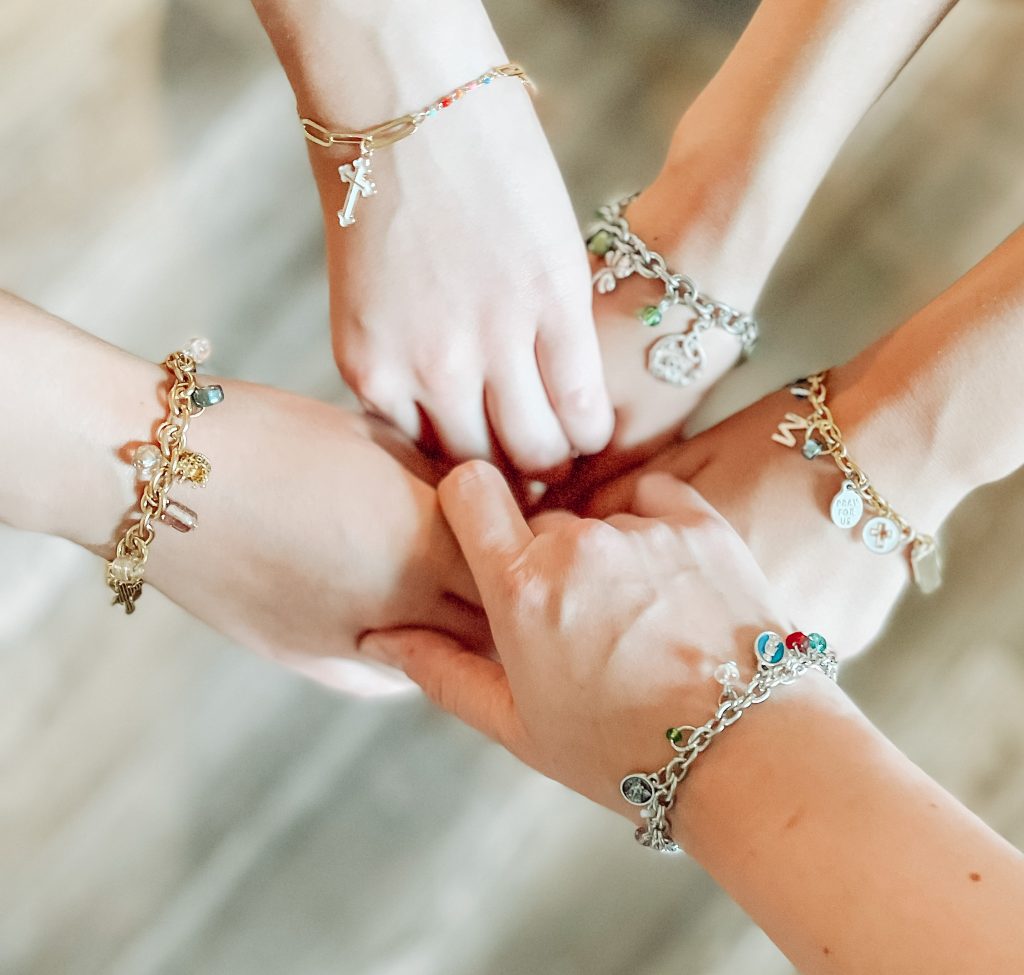
I hosted the 2022 Fiat Conference at my home last weekend. Preparing my talk for the conference gave me a chance to reflect on what I have and haven’t learned over the past few months and years. Here it is in video format: https://youtu.be/sOEXTeb_cfI
And here’s the text of the talk:
First off, thank you all so much for being here, and for the love and prayers with which you have so generously supported me and my family for the past months and years. I’ll get into it in more detail here in a bit, but I hope each of you knows how real and important that has been for us. We’re just going to have a winding little chat, kind of informal like, if you guys don’t mind. I do have a couple points I’d like to make today, that I think are in keeping with our general theme of resilience and our patroness, Our Lady of Perpetual Help.
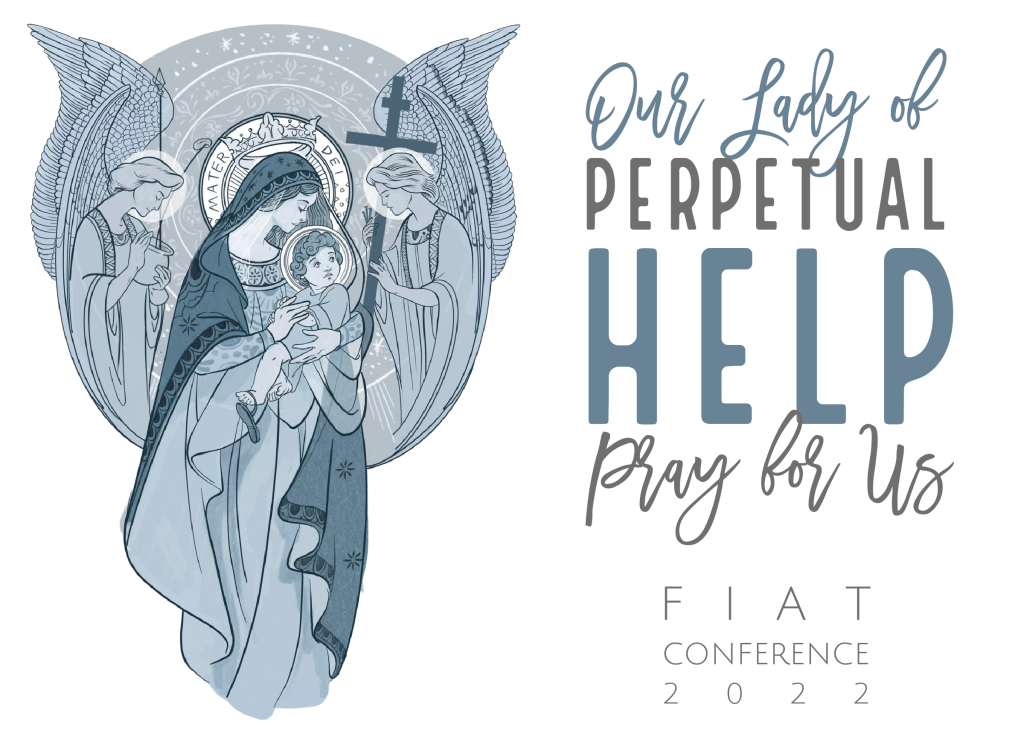
We have sort of a running family joke that we get recognized by ONE PERSON . . . everywhere. When our whole family is out together at a national park, or an amusement park, or at Mass somewhere on the road, usually someone will recognize us and come up to say hi. I think it’s great, really. I mean, we ARE rather a spectacle when out in a group regardless. So it’s nice to be getting some of that attention from Catholics who have been following our family’s ups and downs since before many of the kiddos were born.
Sometimes it will beg the question from some of the kids as to whether I am “famous.” So I explain about fish and ponds and all that and say that I am a very tiny bit famous among a small and very nice group of like-minded folks. But it does make one reflect on the idea of “celebrity.” And especially Catholic “celebrity.” What does that word mean? “Celebrity”? It means to be “celebrated”. To be held up as a noteworthy example of something.
And the problem with that, for Catholics, is that WE have an established system for that already, don’t we? We have a longstanding method by which we determine which Catholics are to be celebrated and held up as an example and it’s called the canonization process and, importantly, no one is admitted to that process while still living.
So a living “famous” Catholic, a Catholic “celebrity” is always going to be a bit of a liability for all of us. Someone still living can mess up, can get something wrong, can let us down.
The word bandied about on social media is “influencer” right? And I guess, as cringy as it is, I guess that feels a bit more appropriate, a bit more accurate. There are Catholics I follow on social media, and Catholics that I know in real life, who “influence” my worldview and my practice of the faith. That seems fine. Good even. As long as we keep the right perspective.
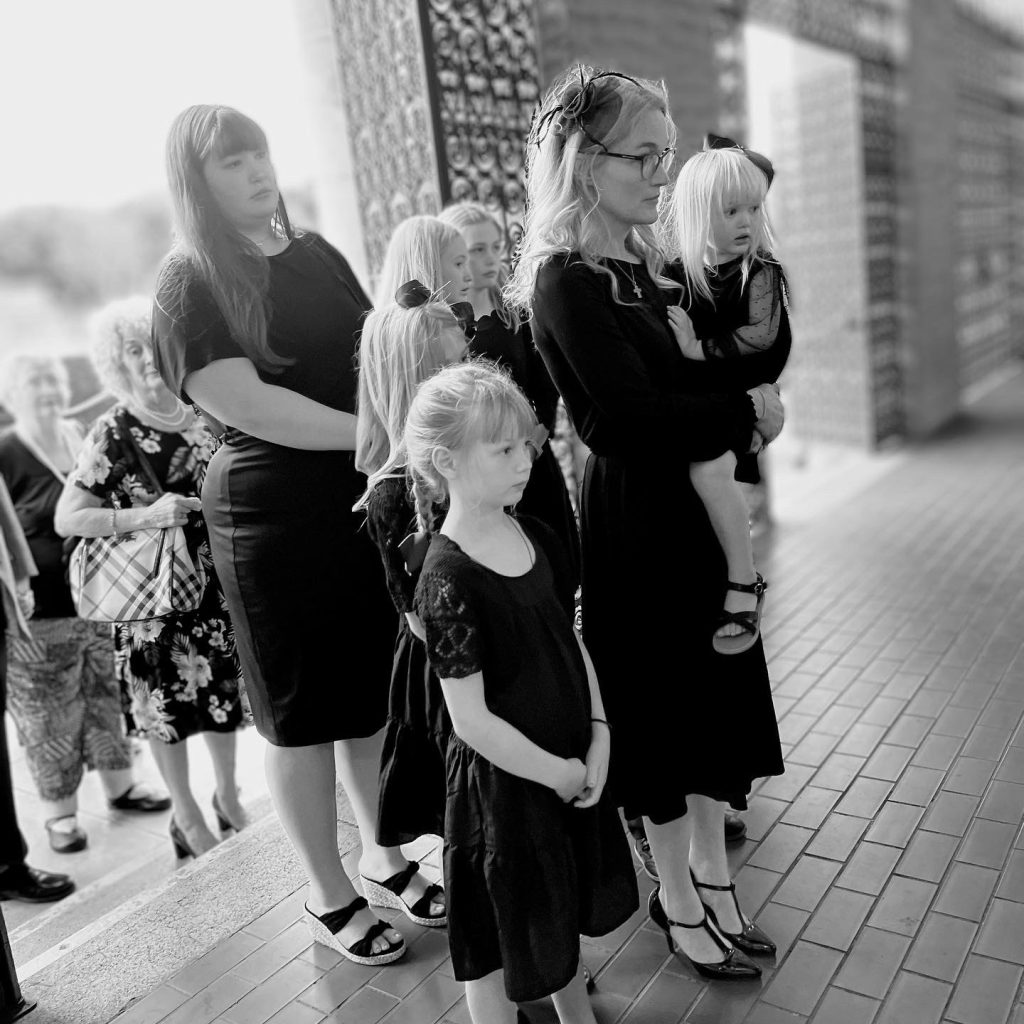
For me, personally, the angle I prefer is “subject matter expert.” You know? Like on the 24-hour news networks, when some world event happens or a particular book or movie is all the rage and all of a sudden there’s a demand for someone who knows everything there is to know about Borneo or 17th century sewing techniques or that indegenous sport with the hips and the peach baskets. For whatever reason, now we have questions for THAT person.
That’s how I’ve always tried to approach my books and social media. As a subject matter expert. As a person who loves the Catholic faith and loves the saints and Catholic history and tradition and obscure customs and who wants to share that information with you. So it seems appropriate when someone messages me to ask if there are any recipes associated with a particular upcoming feast day, or when folks start leaving comments asking if it’s going to be a meat friday, or when a friend texts me a photo of a saint statue she found at a thrift shop to see if I can figure out who it is based on its little attributes.
I love that sort of thing. I like a challenge, and I have spent a decade working on gaining very niche knowledge for moments just like those.
When I give a Fiat talk, what I want is to give you some answers. I want to give you 5 easy tips for getting your kids to say the rosary or eat their vegetables. I want to be a resource for you. I want to be that subject matter expert.
But then, this summer, my situation changed. My husband of 21 years passed away peacefully in our home, after a 16-year battle with melanoma skin cancer that eventually metastasized to his brain. So, all of a sudden, I had all these people watching me for a different reason. I had new people watching me. Thousands and thousands of new people. And they were still good, Catholic people. People who had been praying for us. But also, I’m sure, people were curious about what happens to a family when they lose someone. People who were curious about what life looks like for a widow with many children. I’m still not quite sure what to do with those people.
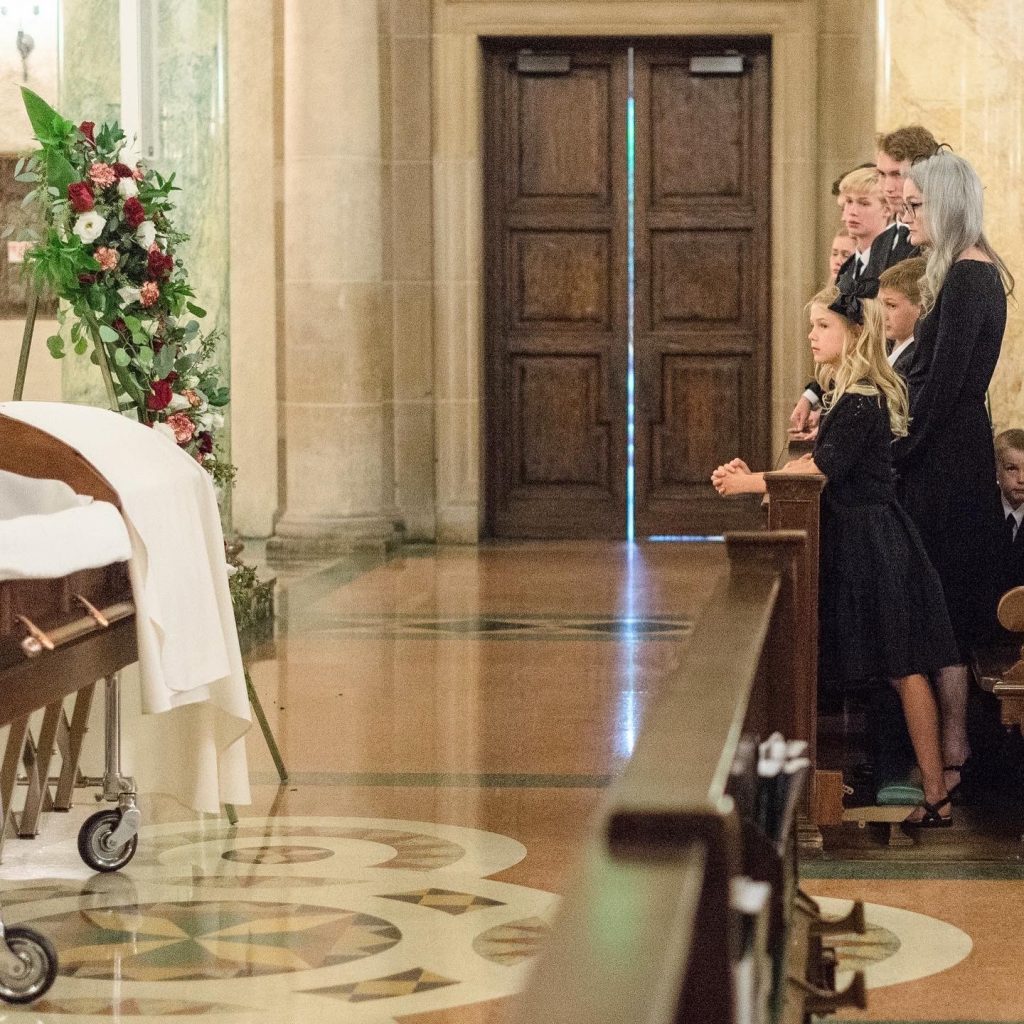
Honestly, the most comforting thing anyone said to me over those first couple weeks was my friend Hope who told me, “People look to you to see what a Catholic life looks like. And most people never see this part. You shared with people what a sacramental Catholic death looks like.” I appreciated that perspective on it. And I’m deeply grateful that I listened to the nudge of the Holy Spirit on that one, to go ahead and open our home when it seemed like the end was near. American culture sees death as a hidden, private matter. But that’s not at all how CATHOLIC culture sees it.
But then, you know, that part is over. And now it’s me, and my new life, and I’m not a subject matter expert in any of this. And every new TV show I start features what I now call the “VSW” for “very sad widow.” This character was in ALL shows I tried to watch this summer. She is a recent widow who is very sad and can’t function or care for herself or her home and basically abandons her children because she is so heartbroken. It wasn’t very heartening to find that this was the expectation that Hollywood, at least, had of me and my prospects.
Micaela mentioned that we chose Our Lady of Perpetual Help as our patroness because we knew that I was likely facing a challenging year. I wanted to invite speakers who knew what it was to overcome adversity. I wanted to hear those stories and know that it was possible to hold tight to the cross and keep the faith.
So now, here I am. A person trying to figure out a new different life. A life in which I am not a subject matter expert. So what am I going to talk to you guys about today? It took me a very long time to figure it out. But I’m fortunate enough to have good friends and to have had good conversations with those friends lately, and a couple things kept coming up again and again in those conversations. And they helped me to sort some things out. So this isn’t about to turn into a real talk. We’re just going to have MY side of those conversations, with me standing up here. I want to share a couple things about which I feel I have gained some understanding through the process of living with Jim’s illness and that uncertainty and with loss and widowhood.
The first is a strategy that served me well throughout the long years since Jim’s diagnosis and to which I’ve still had recourse over these more recent weeks since his death. In some ways, it was my St. Paul on the Road to Damascus moment. It came to me, undeserved, in a flash, and changed my perspective. It’s useful for big, life-changing events, but it’s also helpful in little everyday moments.
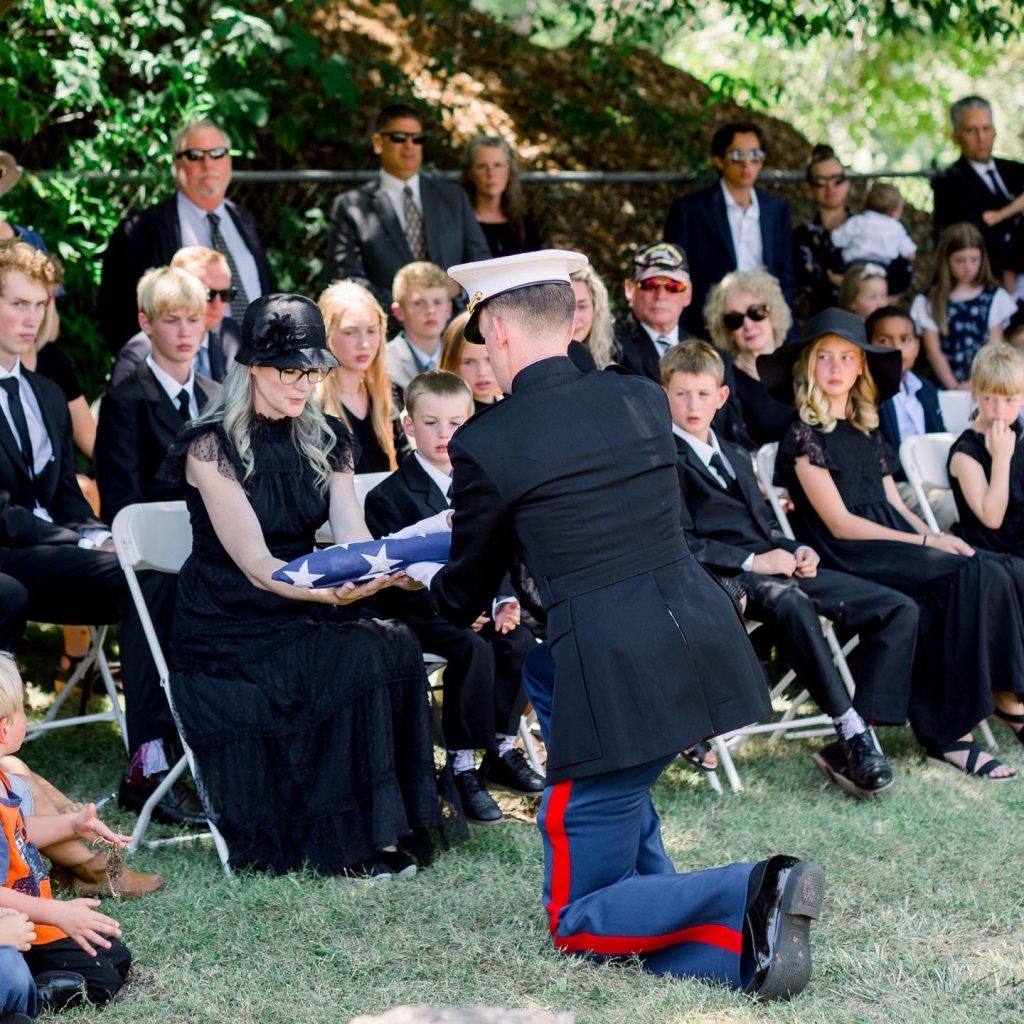
It came about on the day that Jim was diagnosed with melanoma, originating in a mole on his back. First it was just a malignant mole. Eventually we learned that the cancer had spread to his lymphatic system. He underwent a course of treatment and it appeared that he was in remission for nearly ten years, but we later found that the cancer was back or, more likely, had never really been gone. At that point it spread to his lungs and eventually his brain. But on that day, it was just a melanoma tumor in a mole.
I went to pick my oldest son up from the little neighborhood preschool he attended and, when his teacher asked me how the day was going, I told her. Which, looking back, was definitely an awkward choice. We were not close friends or anything. But, that’s what happened. She says, “Hi, Mrs. Tierney, how’s your day been going?” And I say, “Well, my husband was just diagnosed with cancer.” Fun, right? But she rolls with it. She says, “Wow. You must be really worried.” A reasonable thing to say. Polite. But I remember it like it had one of those tire screeching cartoon sound effects. I *MUST* be really worried. Somehow that turn of phrase really hit me. MUST. As in, it is REQUIRED of me to be really worried.
And in that moment I was infused with supernatural grace and/or my contrary little self rebelled against the thought that the universe was telling me what to do. I don’t like that. So I told her, “You know, I’ve decided that I’m going to wait to worry.”
Because, really, in that moment, things were fine. My husband was well. He wasn’t experiencing any pain symptoms. I was well. Maybe later it would make sense to worry. I was going to give myself permission for that should it become necessary. But on that day, it didn’t seem like I needed to worry. So I didn’t.
I don’t think I had yet made Padre Pio’s acquaintance, so I wouldn’t have yet known his quote “Pray, hope, and don’t worry”. It’s good advice, but I’m not sure I would have been ready for that kind of commitment. I couldn’t promise that I was never going to worry. It just seemed like I could manage not to worry today.
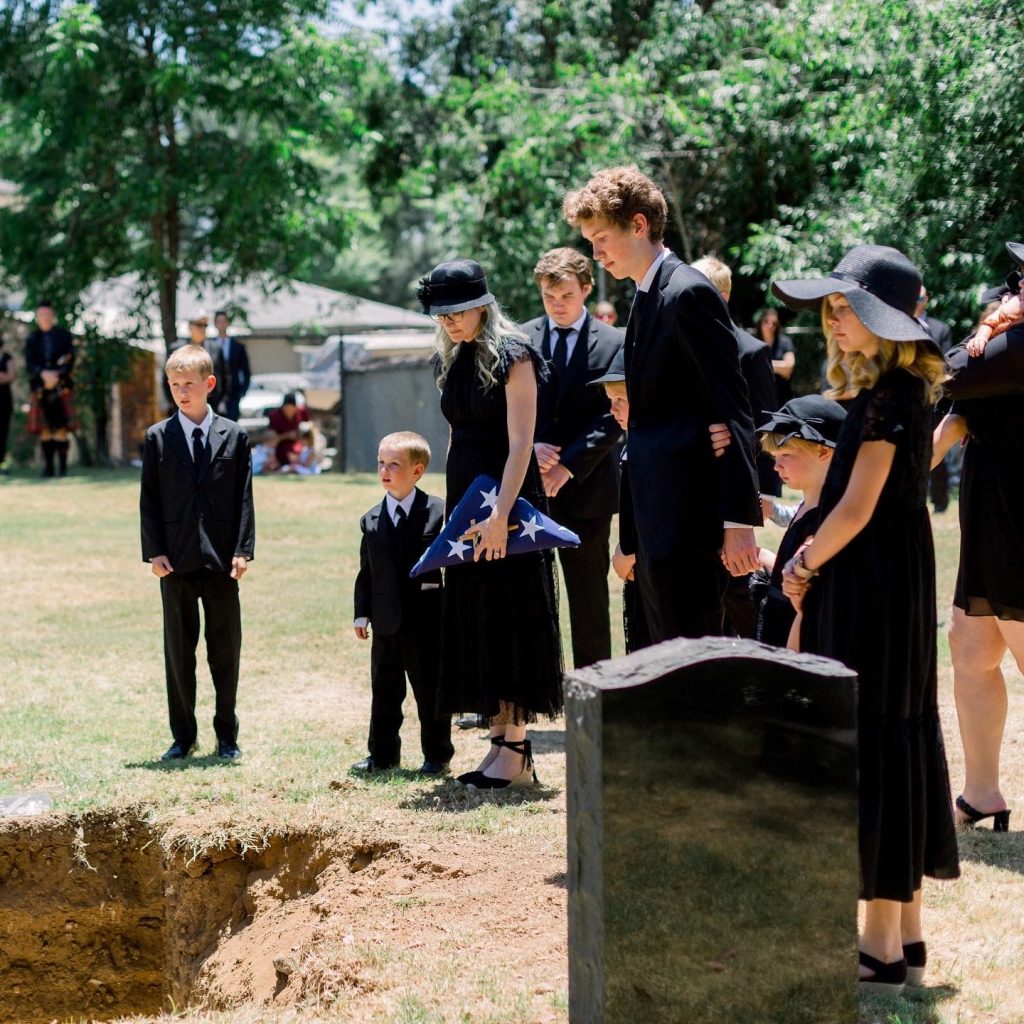
The first real challenge to the policy came three days later when I learned that I was pregnant with baby number four. There are a lot of what ifs available to a pregnant lady, right? But still, I stuck with my plan. I decided that today again seemed okay. Today I didn’t need to worry. I’d wait.
Against all odds, after sixteen years and six more children and surgeries and seizures and hospitalizations and, eventually, hospice and death . . . each day on THAT day, it has been okay. I’ve been able to wait. I didn’t need to be really worried that day.
I think, when we look at it honestly, that teacher was unintentionally giving me very bad advice. She was telling me that my only choice was despair. Despair is a sin and worry, in my case, would have been just another way of describing despair. Despair is a turning away from hope. Hope is the virtue opposite to despair. Hope says that I trust that no matter what happens in my life, no matter my circumstances, God is good.
On the day that I found out that Jim had cancer. We were okay. I could trust. I could hope. I could believe that God had a plan for me. I could, at the very least . . . WAIT to worry. And on the day Jim died, the same was true. On that day, we were okay. I was surrounded by friends and family. Jim had received last rites. He had made a good confession with our friend Fr. Matt, it was the last conversation he had. He had said, “yes” when our pastor Fr. Gonzales asked him if he wanted to receive the eucharist. It was the last word he spoke and the last food he ate. I was surrounded by consolations, I was covered in prayer. On that day also, I could wait to worry.
And since then, each day, it has been the same. It has sucked, in many ways, don’t get me wrong. But each day, in itself, has been okay. I’ve joked that the movie version of my life is going to have the lamest-ever inspirational montage sequence consisting of me . . . making phone calls . . . and . . . finding important documents . . . and . . . filling out paperwork . . . and figuring out how to scan paperwork . . . and miraculously having enough stamps. Super exciting stuff you guys. But it’s also been NOT being a VSW. Spending time with friends and trying to be there for my kids. Praying. Participating in the sacraments. Believing that God still has a plan for me and my life. Allowing myself to see that TODAY is okay. Today, I don’t need to worry. I can still wait.
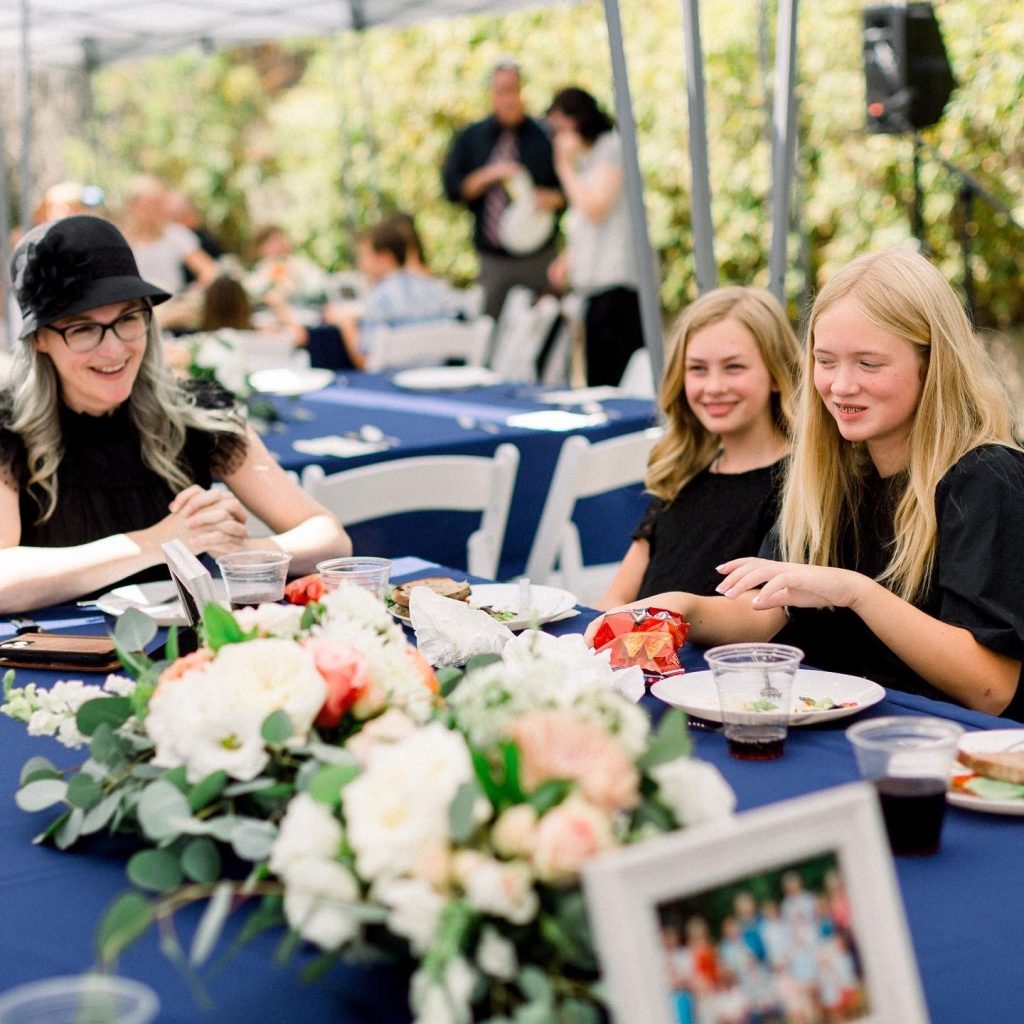
I’m doing okay. I haven’t dissolved into VSW status. The kids are doing okay. Waiting to worry is working for all of us. But, then, one might reasonably ask, WHY would such a thing work? How is it possible that I’ve been able to wait to worry even though the thing I was waiting to worry about . . . went ahead and happened.
And that is the other topic I wanted to talk about today. I believe that the main reason I have been able to keep up hope and trust and to avoid worry and despair is intercessory prayer. Most of you have been responsible for part of that prayer, so thank you.
While the distinction is really academic, and all are interrelated, Catholics recognize five different general “types” of prayer: we call them worship, praise, thanksgiving, petition, and intercession.
Worship exalts the greatness of God and focuses on our dependence upon him. Praise gives God glory for God’s own sake. Thanksgiving is being grateful for the gifts God has given us. Petition is asking God for what we need, or what we think we need anyway.
Intercession is when we ask God for something for someone else.
People all over the world have been praying for my family for a decade.
And now I would like to pause to tell you about my favorite children’s book. It’s called The Bearskinner. It’s an adaptation of a Grimm’s fairy tale in which a soldier returns from war to find his town destroyed and his family gone, and so, he makes a deal with the devil. It’s great for kids. Anyway, the deal is that for seven years he must wear a bearskin and his pockets will be full of the devil’s gold. He can spend the money, but he cannot tell anyone why he wears the bearskin. He cannot pray. And he cannot kill himself. If he does, his soul will belong to the devil. But if he does not, at the end of the seven years he’ll get to lose the bearskin and keep the pockets full of gold.
So at first, of course, he has a grand old time spending the money, but soon, the bearskin begins to rot and he becomes isolated and begins to lose hope. He begins to despair. One day, he has the idea that he can give his money to the poor and ask them to pray for him.
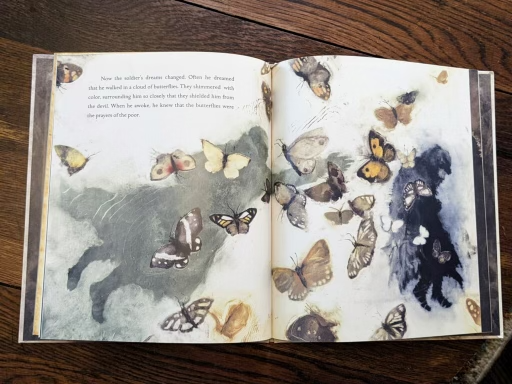
There’s a beautiful illustration in the book in which the bearskinner is walking along the river, and the prayers of the poor are butterflies shielding him from the devil and the darkness, keeping his despair at bay. And that’s really how I see intercessory prayer.
I’m standing here as a witness to the fact that prayers are not always answered in the way we would like. And it’s not because we didn’t have enough faith, or because we didn’t pray in just the right way, or because not quite enough people liked and shared a particular Facebook post.
It might just be that it was not God’s will.
I don’t have to understand it. But if I’m willing to submit my will to his will, I can accept it.
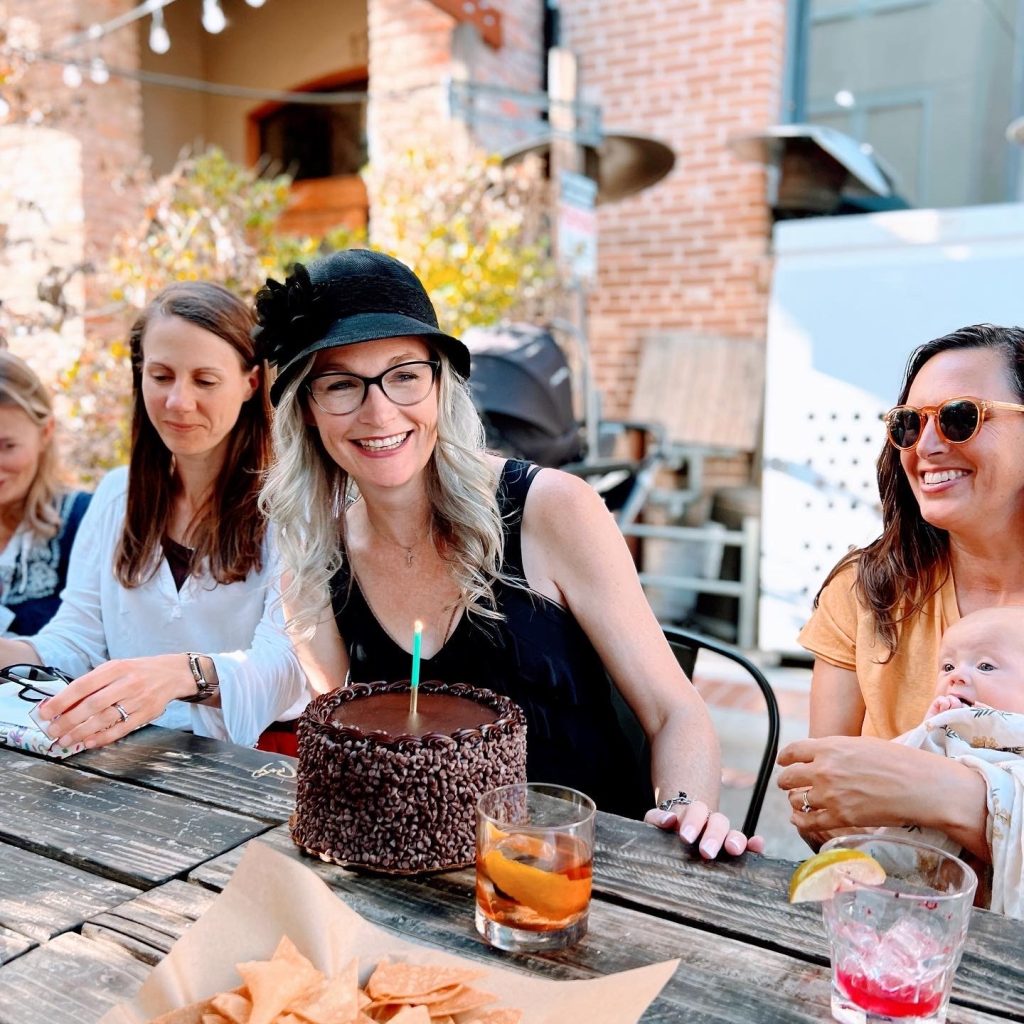
We have to remember that there must be a caveat attached to every prayer, spoken or unspoken, and that is, “Lord, if it is your will . . . dot dot dot.” Any time we ask God for something that we think we want we must remember that we only want it if God wants it. We must remember that God is not bound by our prayers. The goal of prayer isn’t to change God, the goal of prayer is to change US.
And, I cannot claim to be an expert in that. But I’m going to keep on keepin’ on. I’m continuing to hope and trust. I’m continuing to wait to worry. And I’m continuing to rely on intercessory prayer, so please keep it up. Thank you!
The new 2023 Catholic All Year Liturgical Wall Calendar is now available. See it here.
